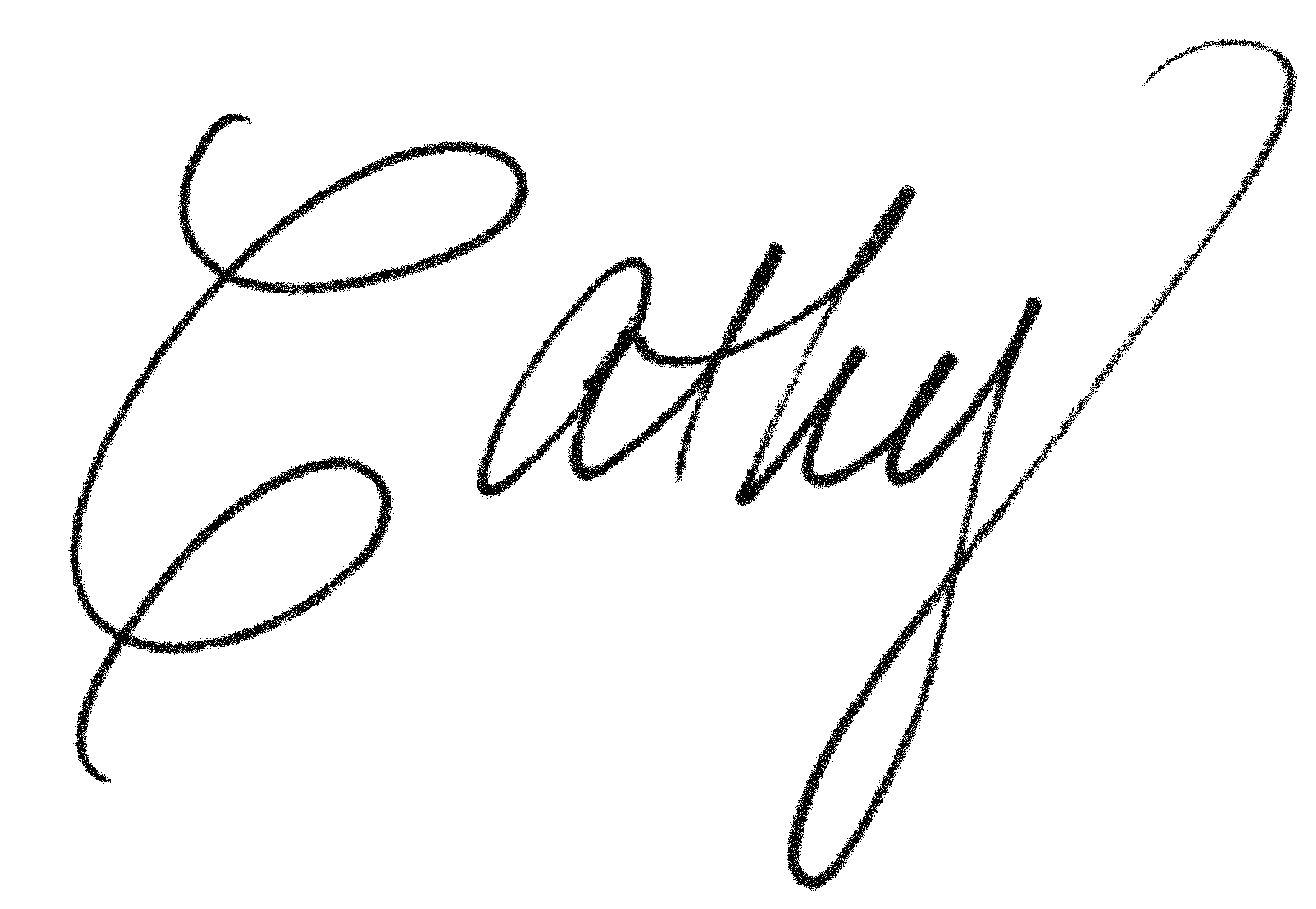Last week, a congressional hearing took place with the presidents of Harvard, MIT, and the University of Pennsylvania. The purpose of the hearing was to give the presidents an opportunity to address the recent increase in antisemitism that has been exploding on college campuses across the nation.
Rather than helping the situation, the hearing ignited a firestorm. In fact, over the weekend, the president of the University of Pennsylvania resigned. Their board of trustees also resigned. And despite intense pressure, Harvard has since announced that its president will keep her job.
What struck me most about the responses of the three presidents was their almost robotic, unemotional tone. There seemed to be no regard for the safety of their respective Jewish students.
Now I’ve obviously never taken part in a congressional hearing myself. And I know that there have been times where I have spontaneously answered a question, only to later on think of ways in which I could have better responded.
Howie Beigelman, who serves as the CEO of Ohio Jewish Communities (and who once worked as a speech writer), recently shared in his weekly leadership report what his response would have been:
Yes, Congresswoman Stefanik, calling for the genocide of a Jewish student, or the Jewish people, isn’t merely vile, hateful speech with which any person of good will disagrees, but it violates our code of conduct. It’s not what we expect of our students, faculty, staff, or administration. And we will take swift action against it.
You’ll see that reflected in our actions, but also in how we deploy campus police, in our partnerships with local law enforcement, and our use of technology. You’ll see it in how we authorize use of space, in how we give – or rescind – funding and accreditation to groups but also to individuals. A scholarship to a student or research funding to a faculty member isn’t irrevocable, and it most certainly comes with strings attached.
I do want to clarify one thing though. We are a college campus. We do encourage debate, discussion, and deep study of complex issues. We recognize people on our campus may have divergent, even despicable views.
A teacher in a classroom, a student acting in theater, a student speaking in class even, could, potentially all say or do hateful things that would not cross the line. But most certainly at a rally, in public or online and on social media, in a study group, or at a coffee shop or bar, there is no place for harassment, bullying, and threatening behavior. Violence is obviously out of bounds. But so is speech that threatens or encourages violence.
There’s cases on the line, and we will strive to get those right. But there are clear cut cases that cross the line. We will act on both. We may sometimes get it wrong. But we will work to make everyone feel safe.
And, as a university, we will encourage – and host lectures and scholars and experts – to learn more about issues that divide. Finally, I will make sure that my own voice is heard clearly, and unequivocally on these issues, and coming down on the side of American values.
Thanks for your question and the opportunity to respond here.
This is the response many of us were hoping to hear. And while it is too late for the presidents of Harvard, MIT, and the University of Pennsylvania to offer up a similar response, these words provide insight into how we can respond when the topic of antisemitism on college campuses comes up in conversation.

To receive Cathy’s WHIM in your inbox each week, click here.
